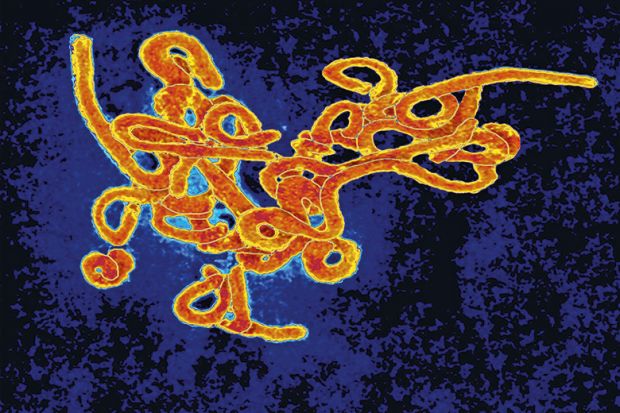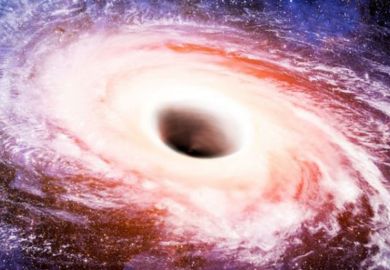The 2017 Nobel Prize in Chemistry has been awarded to three scientists who have made it possible to see the structure of biomolecules using a new type of microscopy.
“Cryo-electron microscopy” is now used routinely to create three-dimensional images of viruses, proteins and other living things at an atomic level, moving biochemistry into a “new era”, according to the Royal Swedish Academy of Sciences.
The award goes to three scientists: Richard Henderson, programme leader at the MRC Laboratory of Molecular Biology at the University of Cambridge, who in 1990 “succeeded in using an electron microscope to generate a three-dimensional image of a protein at atomic resolution,” explained the academy. “This breakthrough proved the technology’s potential.”
Joachim Frank, professor of biochemistry and molecular biophysics and of biological sciences at Columbia University in the US, made the technology “generally applicable”, it said. He developed an image processing technique to combine “fuzzy”, two-dimensional images from an electron microscope into a "sharp three-dimensional structure”.
Jacques Dubochet, honorary professor of biophysics at the University of Lausanne, managed to cool water so rapidly that biological material retained its shape, even in the vacuum of an electron microscope. Previously, water had evaporated in a vacuum, meaning biomolecules would collapse.
“Following these discoveries, the electron microscope’s every nut and bolt have been optimised. The desired atomic resolution was reached in 2013, and researchers can now routinely produce three-dimensional structures of biomolecules,” the academy explained. Due to the techniques developed, biochemistry is now set for “explosive development”.
Register to continue
Why register?
- Registration is free and only takes a moment
- Once registered, you can read 3 articles a month
- Sign up for our newsletter
Subscribe
Or subscribe for unlimited access to:
- Unlimited access to news, views, insights & reviews
- Digital editions
- Digital access to THE’s university and college rankings analysis
Already registered or a current subscriber?







